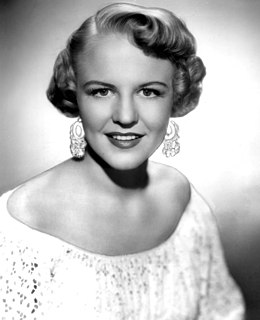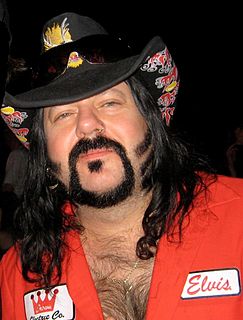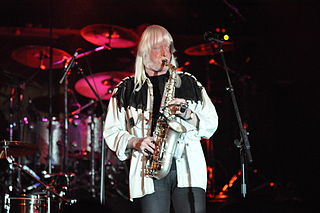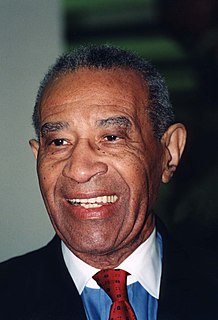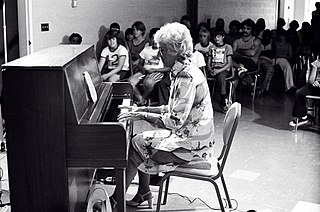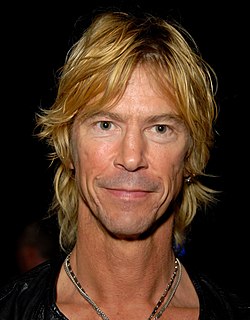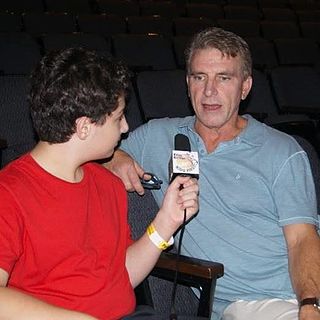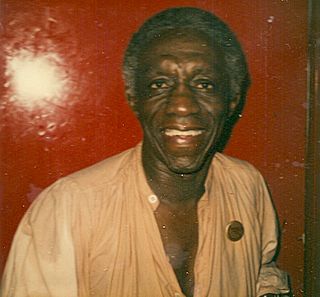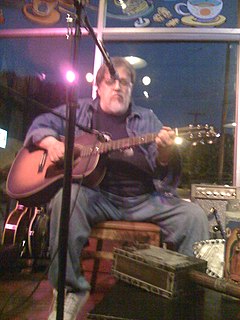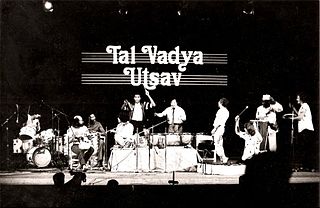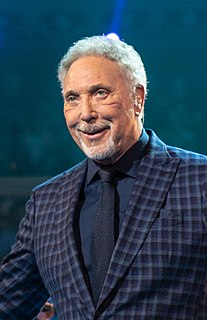A Quote by Peggy Lee
The thing that I always notice that dates a record is the rhythm section. With a good arranger the music can be timeless. But, rhythm can change, because heaven knows, we didn't know rock was going to come in, did we?
Related Quotes
The relationship in Pantera and with Damageplan is the opposite of the traditional rhythm section. It's me and Dime, not the bass, locking in always. Dime's such a strong rhythm player that we just walk in, and we're good to go. We've been playing together forever, and when he goes somewhere, I instinctively know where he's going.
When I did 'Frankenstein,' the record company said, 'Now you can do 'Dracula' and 'Wolf Man' and we'll call the whole thing Monster Rock!' and I said, 'No, that's not going to happen, I'm not going to do that.' I kind of enjoy defying categorization. I love music in and of itself. I love the beauty of harmony and rhythm.
I can't get very excited about a musician who can do Art Tatum because I've got the Art Tatum records. I want to hear him take that and do something that hasn't been done. And there's enough of that going around that keeps the music very exciting. There's so many great young players coming out. I think we're in some kind of renaissance, especially in the rhythm section. I mean the musicians on drums and bass and guitar are really trying to figure out different ways to bring a rhythm section together.
